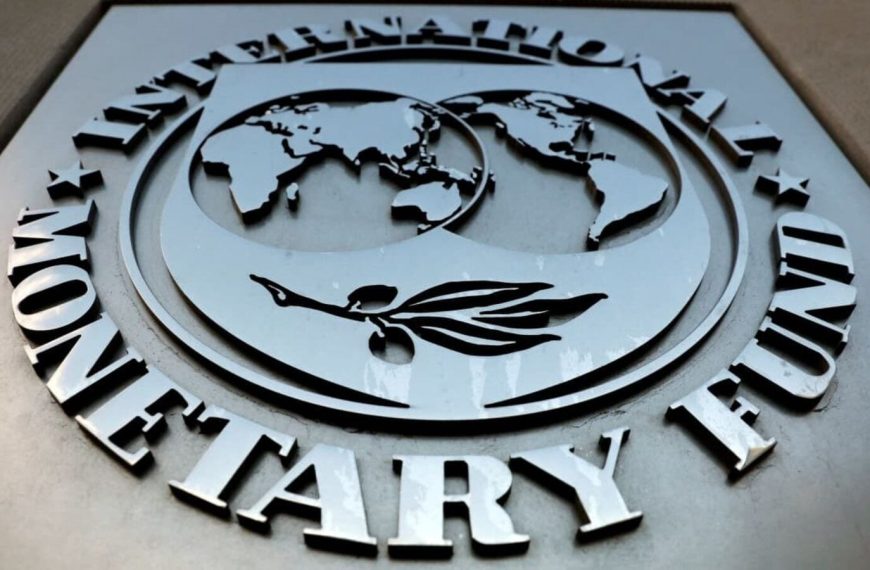In a thought-provoking LinkedIn post, Arindam Paul, the founder and Chief Business Officer of Atomberg, a Mumbai-based manufacturer of household appliances, has raised serious concerns about the future of employment in India. He argues that up to 50% of white-collar jobs could vanish due to the rise of artificial intelligence (AI). This alarming prediction highlights a potential upheaval in the Indian economy, particularly affecting the middle class and their consumption habits.
The AI Threat to Employment
Paul emphasizes that there is a significant gap in understanding among both the public and leaders regarding the potential impact of AI on the Indian workforce. He stated, "Many still do not grasp the enormity of AI’s threat to our economy," stressing that this technology could profoundly alter job landscapes. He warns, “Almost 40-50% of current white-collar roles may disappear, jeopardizing the very foundation of our middle class and their spending power.”
Manufacturing and Job Creation Challenges
In his insightful commentary, Paul points out that India’s manufacturing sector is not prepared to absorb the workforce displaced by AI. He remarked, “Our manufacturing capabilities are far from adequate, especially when it comes to creating jobs that offer ₹3 to ₹6 lakh annually.” This lack of job opportunities could exacerbate the challenges faced by the IT services and BPO sectors, which are already anticipating significant layoffs.
- Key points from Paul’s observations:
- IT and BPO sectors may face substantial job cuts.
- Companies like Infosys may survive but will likely employ fewer people.
- The manufacturing sector needs urgent enhancement to create adequate job opportunities.
The Corporate Perspective on AI
While many corporations celebrate the efficiency and cost-effectiveness AI brings, Paul warns that they overlook a crucial detail: a loss of jobs translates to diminished consumer spending. He put it succinctly, "Corporations may be pleased that AI reduces manpower and improves efficiency, but they forget that without jobs and money in consumers’ hands, there won’t be a revenue stream."
A Call for Action
Paul concludes his post with a hopeful yet cautionary message. He expresses his desire for India to avoid this bleak future, urging for a concerted effort to double the country’s manufacturing capabilities. “I sincerely hope we continue to grow our GDP on both an absolute and per capita basis,” he said, while realistically acknowledging that failure to enhance manufacturing could lead to adverse economic consequences.
As the discourse around AI and employment intensifies, it’s crucial for stakeholders at all levels to engage in proactive discussions and strategies that ensure a balanced approach to technology and job creation.










